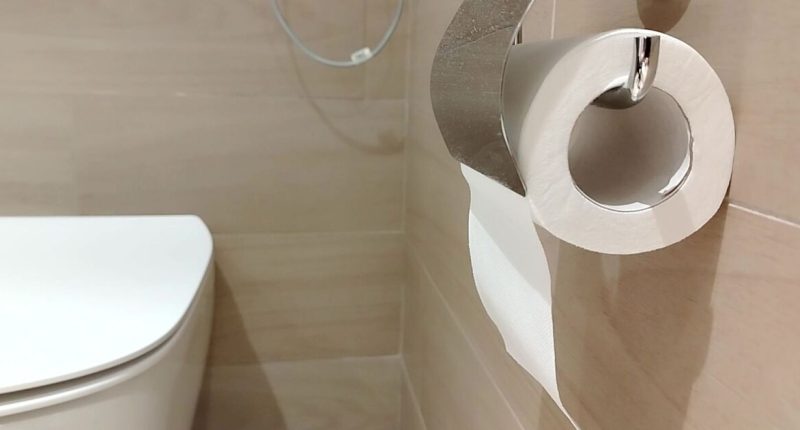Share this @internewscast.com
If you’ve noticed changes in your bowel habits – such as going to the toilet more or less often than usual – it might be time to see your GP. Experts warn that it could be linked to an incurable condition affecting the bowel: Bowel Endometriosis. Endometriosis, or Endo for short, happens when tissue similar to the lining of the womb grows outside of it.
These growths, known as lesions, can spread throughout the body – even as far as the brain – and can lead to a wide range of symptoms. When this tissue affects the bowel or gastrointestinal (GI) tract, it’s known as Bowel Endometriosis. Lesions may develop on the surface of the bowel (superficial Endometriosis) or grow deeper into the bowel wall and surrounding areas, potentially causing significant discomfort and disruption.
As told by The Endo Foundation: “This type of Endometriosis is most commonly found affecting the lower part of the intestine (the sigmoid and rectum). When Endometriosis is found in this area of the body, it can begin to disrupt the process of emptying the bowel.”
What are the signs and symptoms of bowel endometriosis?
It’s important to understand that while symptoms often get worse during your period, pain and other symptoms can also occur at other times. In fact, experts caution that it’s possible to have Endometriosis without even realizing it. They explain: “Conversely, bowel Endometriosis can also be asymptomatic – meaning some people may not know they have the condition usually until later on, when they may undergo a procedure for something else.”
Some signs and symptoms to look out for include:
- Pain opening the bowels
- Pelvic pain
- Changes in bowel habits (constipation, diarrhoea)
- A dull ache to acute pain or cramping in the lower abdomen and/or back Abdominal swelling Pain during and / or after consuming foods
- Pain associated with sexual intercourse
- The feeling of needing to pass bowel movements more frequently or urgently than usual
- The feeling of not being able to empty your bowel completely
- Passing blood in stools may suggest signs of endometriosis
According to the Foundation, anyone experiencing unusual pain that disrupts daily activities like attending school or work – or noticing changes in their periods or bowel habits – should consider the possibility of Endometriosis or another underlying condition. They stress the importance of speaking to a doctor promptly, specifically mentioning Endometriosis and requesting a referral if needed. And don’t forget that seeking a second opinion is always an option.













